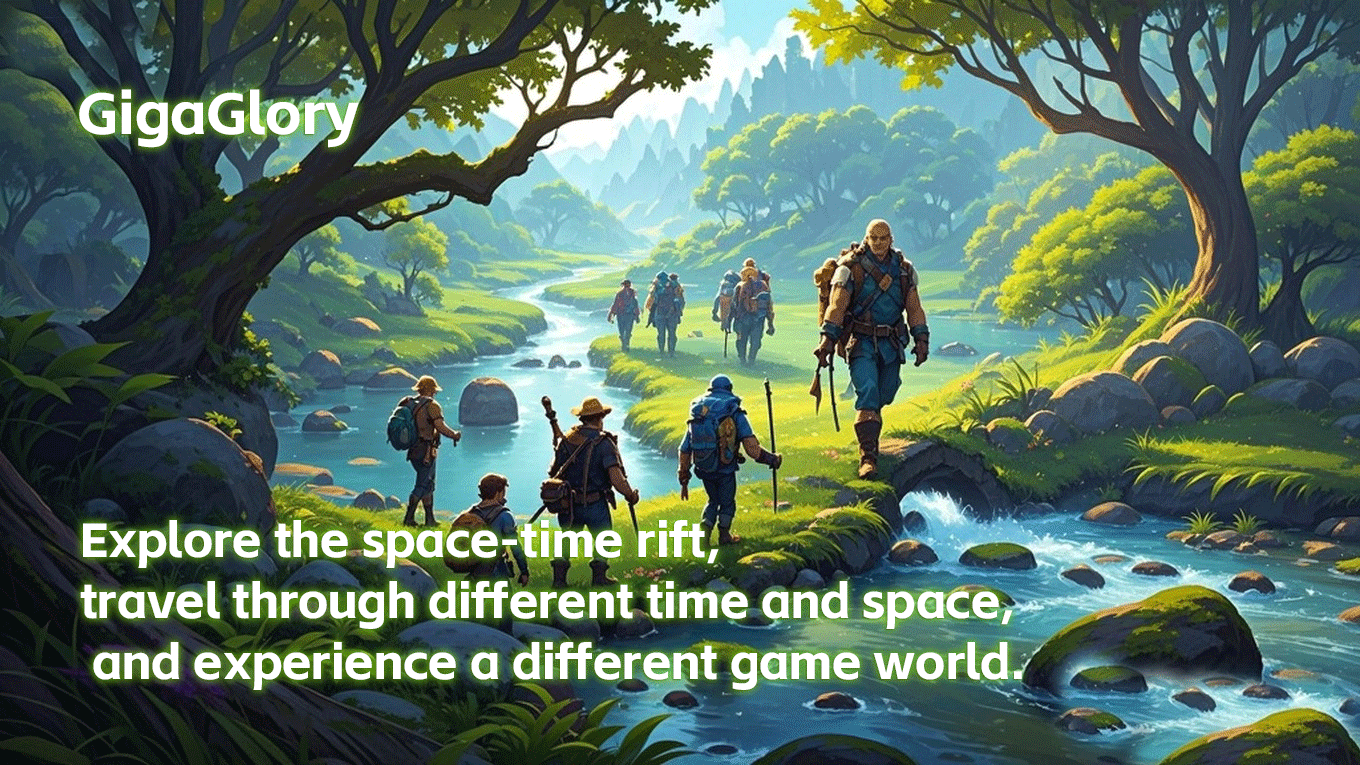How MMORPG Elements are Transforming Business Simulation Games: A New Era of Interactive Strategy
In the world of gaming, the line between genres often blurs, resulting in fascinating new experiences. One notable fusion that's making waves is the incorporation of MMORPG (Massively Multiplayer Online Role-Playing Game) elements into business simulation games. This evolution signifies a fresh chapter in interactive strategy, revolutionizing how players engage with both genres. But what does this mean for the gaming landscape? Let's dive in and explore the transformation.
The Rise of MMORPG Elements in Gaming
MMORPGs have become a popular choice for gamers, primarily due to their immersive experiences and community-driven environments. Their core features, such as questing, leveling up, guilds, and resource management, are now being adopted in business simulation games. This transition allows players to forge connections and collaborate in ways that were previously unseen in traditional business sims.
Understanding Business Simulation Games
Business simulation games offer players a chance to run a virtual enterprise, engage in market strategies, and make critical financial decisions. These games typically focus on building and managing; however, they often lack the interactive and community aspects found in MMORPGs. By merging these two genres, developers aim to create a more dynamic and engaging gameplay experience.
Key Features of MMORPG Elements
- Guilds and Clans: These community features bring players together, allowing for cooperative gameplay.
- Quests and Missions: Tasks that players can undertake to gain rewards, echoing traditional RPG gameplay.
- Persistent Worlds: Players can interact in a shared game environment over time, making decisions that affect the world.
- Character Development: Players can enhance their in-game representations, leading to a more personalized experience.
The Impact on Gameplay Dynamics
The infusion of MMORPG elements into business simulation games changes how players interact with the game world. It moves beyond individual achievement and emphasizes community collaboration. Players must strategize together, pooling resources and sharing information to succeed. This fosters a more engaging and social environment, reminiscent of games like Clash of Clans or other clan games.
Examples of Successful Integrations
Some game developers have already begun to merge these elements successfully. Here are a few standout examples:
| Game Title | MMORPG Elements Incorporated | Business Simulation Features |
|---|---|---|
| SimCity BuildIt | Community events, trading, and player alliances | City management, resource allocation |
| Farmville | Friend visits, cooperative challenges | Farm management, production cycles |
| Mobile Royale | Clans, quests, resource gathering | Kingdom building, economic strategies |
Increased Player Engagement and Retention
By embedding MMORPG features, developers can enhance player engagement and retention. When players feel part of a community, they're more likely to return. Features like guilds encourage players to log in regularly to participate in events or complete quests together. These social dynamics keep the content fresh and ensure that the players are always invested.
Challenges of Merging Genres
Despite the benefits, the integration of MMORPG elements into business simulation games comes with challenges. Striking the right balance between competitiveness and cooperative gameplay is crucial. If the game leans too much toward one aspect, it could alienate players who prefer the other style.
Offline RPG Influence in Business Simulations
Even offline iOS RPG games play a role in this crossover. Many players enjoy RPG elements when not connected online, and developers are recognizing this trend. By implementing similar mechanics into business simulation games, they can attract these players who may not always want to engage in the competitive online atmosphere.
Adaptation to Player Preferences
Understanding player preferences is vital for this genre evolution. What do players really want? Engaging narratives? Cooperative gameplay? The answers can vary widely. Developers need to be flexible and willing to adapt based on user feedback while keeping an eye on the latest trends in both MMORPGs and business simulation games.
The Role of Community Feedback
Community feedback is essential in shaping the future of these hybrid games. Developers can create beta testing phases or forums where players can share their thoughts. This insight will guide refinements and new updates, enhancing the overall experience.
Looking to the Future
The merging of MMORPG elements and business simulation games heralds a promising future for interactive gaming. As technology advances, we can expect even more innovative gameplay features, as well as enhanced social experiences. The integration of real-time collaboration, dynamic worlds, and engaging narratives will alter how we perceive both genres.
Conclusion
In conclusion, the transformation of business simulation games by incorporating MMORPG elements is not just a passing trend—it's paving the way for a new kind of interactive strategy. As players gravitate towards more social gaming experiences, this fusion looks set to define the future of gaming. By embracing community, quests, and character progression in business sims, developers are poised to create richer, more immersive experiences that resonate with a broader audience. It’s clear that we are just scratching the surface of what’s possible in this exciting new era.



